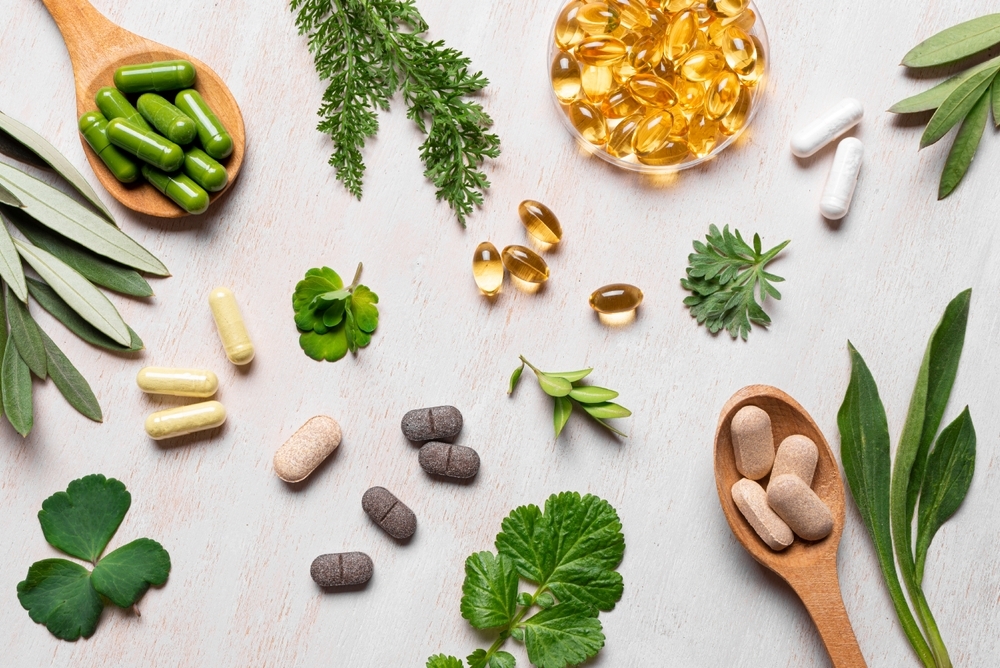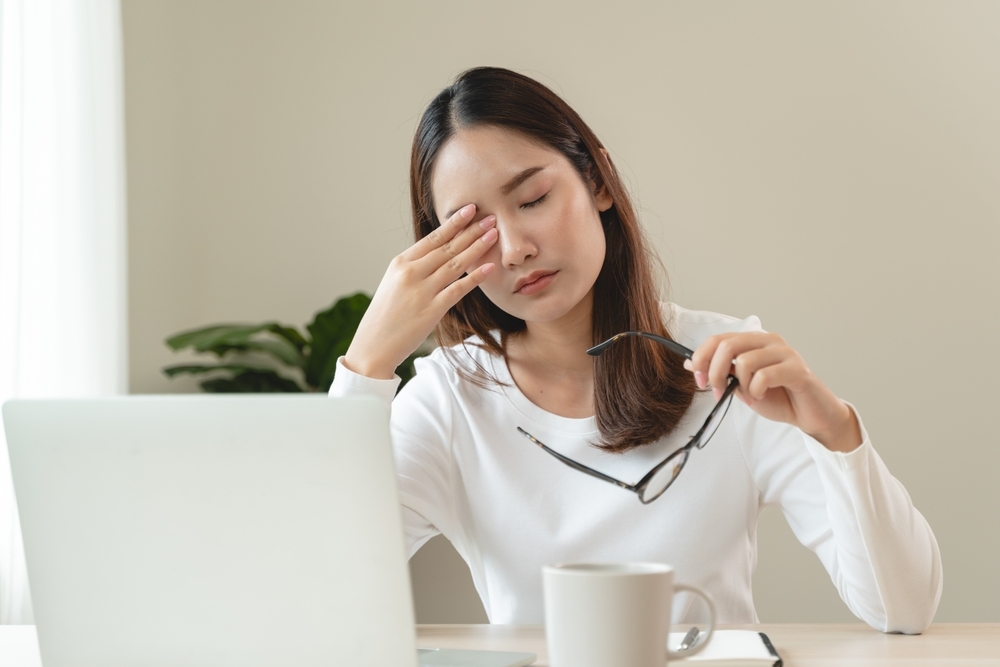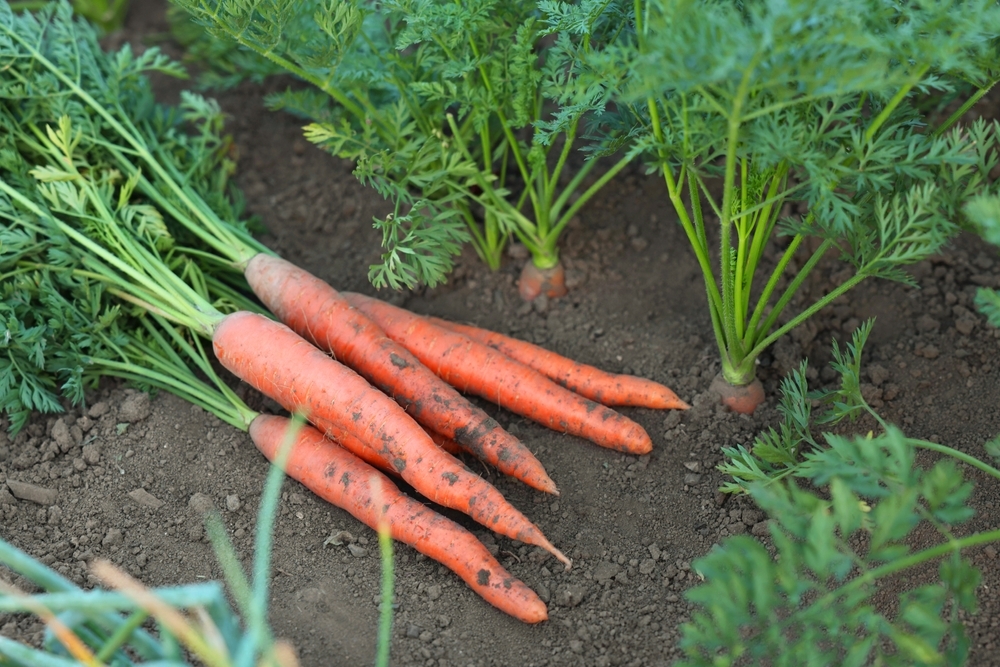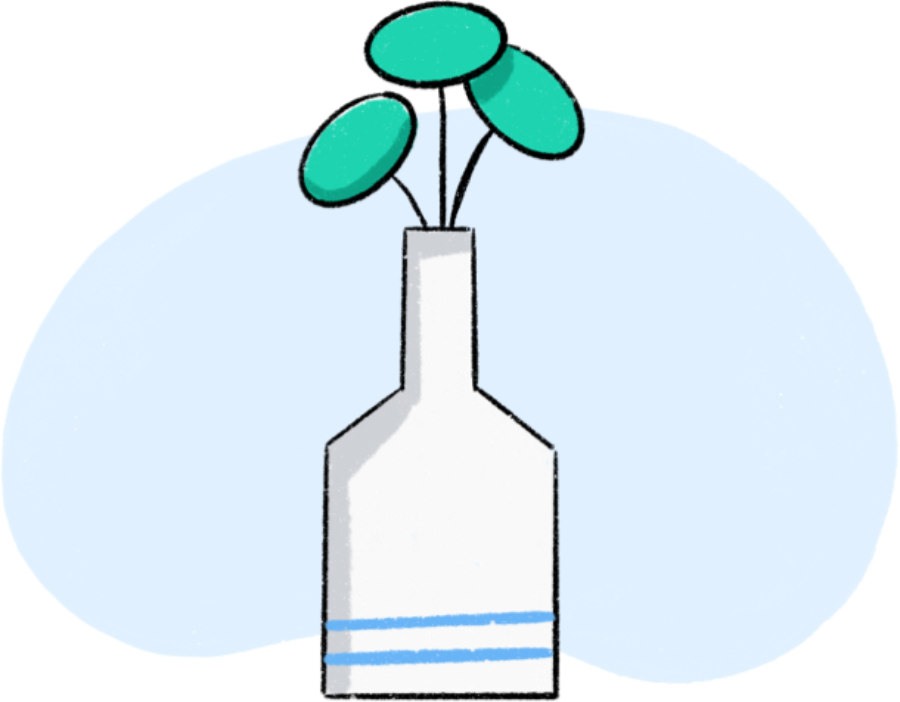

Blog post
Eye health supplements: Do they really work?

Matthew Burford BSc(Hons) Optometry MCOptom - Domiciliary Optician and Professional Services Manager at OutsideClinic
5/6 minutes reading time
What are eye health supplements?
Eye health supplements are over-the-counter products, usually in tablet or capsule form, designed to support the health and function of your eyes. They typically contain powdered nutrients and are commonly used by individuals experiencing eye-related difficulties.
Supplements are becoming increasingly recognised for their role in supporting eye health, particularly in managing medical conditions such as age-related macular degeneration (AMD), dry eye, and other retinal disorders.
The following summary outlines the current evidence on supplements and micronutrients that may help improve or maintain ocular health.

What are the most common nutrients found in supplements
Lutein and zeaxanthin
- These are natural pigments found in the macula (the central part of the retina). The help filter harmful blue light and act as antioxidants.
- They are primarily found in leafy greens and eggs and may help slow the progression of age-related macular degeneration (AMD).

Vitamins C and E
- These vitamins act as antioxidants and help protect retinal cells from damage caused by oxidative stress.
- Commonly consumed through citrus fruits such as oranges and lemons, they’re used in supplements to maintain retinal health.
Zinc and copper
- Zinc is used by the body to help support the retina, helping the body use vitamin A. Whereas copper is used alongside to prevent deficiency caused by high zinc levels.
- Both are commonly found together in supplement formulas such as used in AREDS and AREDS2 research.
Omega-3
- Omega-3 (otherwise known as fatty acids) is important for maintaining healthy cells within the eyes and to help reduce inflammation.
- Found commonly through fish oils, it’s reported they may help against dry eyes and macular health; however, research is mixed and non-conclusive.

Vitamin A and beta-carotene
- Vitamin A and beta-carotene are essential for visual ability, especially with vision in low light.
- Most commonly found in coloured vegetables and fruits such as carrots and sweet potatoes.

What conditions can eye supplements help?
Age-related macular degeneration (AMD):
Supplements containing lutein and zeaxanthin are often used in an attempt to help slow the progression of AMD. These nutrients help increase macular pigment density, offering protection against oxidative stress and harmful blue light. Vitamins C and E act as antioxidants, while zinc and copper support retinal metabolism and overall antioxidant defence.

Dry eye:
Some studies suggest omega-3 fatty acids may help relieve dry eye symptoms. They are thought to reduce inflammation on the eye’s surface and support the function of the meibomian glands, which produce the oily layer of tears.

Other conditions:
There is ongoing research into the potential benefits of supplements for conditions such as glaucoma, cataracts and diabetic retinopathy. In particular, lutein, zeaxanthin, omega-3s, and vitamins C and E. However, current evidence is inconclusive, and further studies are needed before these supplements can be widely recommended for these conditions.
The common misconceptions about supplements
“If I take supplements, I won’t need to eat a healthy diet.”
This is incorrect. Eye supplements can help fill deficiencies, but they’re not able to replace the benefits of fresh fruits, vegetables and a healthy, balanced diet. Good nutrition is the most important part of eye health.

“Taking supplements will prevent eye disease”
This is not proven. Supplement formulations such as those recommended by the AREDS2 research may slow the progression of age-related macular degeneration (AMD) in people who already have it, but they do not prevent it or other diseases.
“Carrots can improve your vision”
This is partially true – however only if you’re deficient in vitamin A. Widespread belief of this myth originated in World War 2 from the British military who tried to conceal the use of radar technology. They claimed British pilots had excellent night vision by consuming large quantities of carrots! Carrots contain vitamin A and carotene, nutrients that greatly aide vision in low light conditions. However, eating more will not improve your vision unless you’re deficient, which is rare in individuals with a balanced diet.

“Taking more supplements is better”
This is not true. Taking too much of some vitamins or minerals can be harmful. You should always follow dosage recommendations and speak to your eye care professionals if you have any questions.
“Supplements such as magnesium, collagen and multivitamins are good for you for your health”
Magnesium, collagen, and general multivitamins can support overall health, particularly if you have a deficiency. But when it comes to eye health, there’s limited evidence that these specific supplements make much of a difference.
Nutrients like lutein, zeaxanthin, and omega-3 fatty acids have been studied more thoroughly for their role in eye conditions such as age-related macular degeneration (AMD) and dry eye. By comparison, magnesium and collagen don’t currently have strong evidence to support their use in preventing or managing eye disease.
An optician’s opinion on eye supplements.
Although there is no clear evidence to suggest that taking supplements will reduce the risk of developing diseases such as AMD, for someone who has no signs, research drawn from randomised trials indicates that people with certain forms of existing AMD may delay progression with the use supplementation.
For this reason, many Optometrists will often provide advice on antioxidant vitamins in order "to do everything you can" to reduce risks of certain diseases.

OutsideClinic recommended supplements.
At OutsideClinic, we recommend Nutrof Total as a preferred eye health supplement. It contains a comprehensive blend of key nutrients, including lutein, zeaxanthin, omega-3 fatty acids, and essential vitamins and minerals - formulated to support and maintain long-term eye health.

By Matthew Burford BSc(Hons) Optometry MCOptom - Domiciliary Optician and Professional Services Manager at OutsideClinic Post last updated 25th April 2025
Matthew graduated from Aston University in 2004 with a degree in Optometry.










